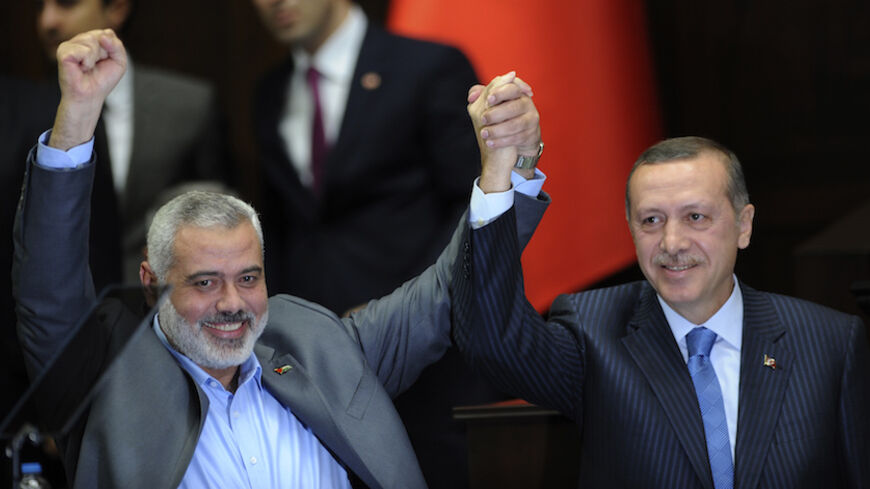Prof. Sam Lehman-Wilzig: Israel’s Frenemies: The West’s Far-Right Governments
Israel’s foreign policy support for dictators and other reprehensible regimes reminds me of a (supposed) Einstein pearl: “The definition of insanity is doing the same thing over and over and expecting different results.”
The list is long and varied, but after a while the results are the same: such support boomerangs badly. Here’s a not-so-complete list: The Iranian Shah; Apartheid South Africa; Putin’s Russia; Contemporary Hungary; Communist China…
This list suggests how many things can go wrong when one chooses to curry favor with non-democratic regimes. The first and most frequent problem: particularly reprehensible regimes (e.g., the Shah; apartheid South Africa) will eventually succumb to internal revolution, and the government that takes over will be highly hostile to anyone seen to have supported the previous, now overthrown leadership.
And that antipathy lasts a very long time. The Iranian mullahs have been in power now for 45 years, and their antagonism hasn’t lessened any – if anything it has grown worse. South Africa is now post-apartheid for 30 years, but it’s the same picture: taking Israel to the International High Court of Justice over a spurious “genocide” charge is just its way of paying Israel back for supporting the former apartheid regime. This is from the country of Nelson Mandela, a symbol of peaceful reconciliation – something that Hamas is against in principle, regarding Israel. Clearly, though, the emotion of “revenge” against the Jewish State’s earlier pro-apartheid stance vis-à-vis South Africa in its darker, all-white incarnation, is obviously too strong – even if thirty years after the fact.
Another problem with supporting, or at least having very friendly relations with, autocratic regimes is that their only value system is self-interest, pure and simple. In other words (pun intended), they will be “friendly” with Israel so long as this is to their benefit. If the situation changes, they can – and will – change their stripes, and presto: Israel is now the enemy or its actions are castigated publicly.
Examples of this abound. We were on quite good terms with Russia until Oct. 7 when for international realpolitik reasons (getting closer to the Arab world; anti-anyone in the American camp) Russia is now voting against Israel in the U.N. and other venues. Similarly, China is no longer a neutral, economic partner with the Jewish State; its voting in international bodies follows the Arab world’s lines almost to a “T”.
Hungary is an even stranger case of Israeli camaraderie. First, in the past few years it has gone anti-democratic within the larger European democratic world. It is one thing to support a regime that has always been autocratic to some extent; but to curry favor with a leader who has pulled his country away from democracy is an even greater diplomatic error. Second, PM Netanyahu seems to have a policy that the more a country is anti-Moslem, the better for us. However, when that regime is anti-Moslem because it is fervently against any “non-Hungarian” ethnic group, the Jews will not be very far behind in that country’s discriminatory policy. And indeed, PM Orban’sbête noire is “the Jew” George Soros. If Netanyahu is serious about fighting anti-Semitism worldwide, he could start with sternly admonishing his erstwhile “buddy” Victor Orban for employing classic anti-Semitic tropes.
And that brings us to the third problem with such a foreign policy. Israel still has quite a few friendly and supportive countries on its side who not only offer material help during wartime but are actively fighting anti-Semitism during war and peace. But why should they do so when the Jewish State itself is coddling anti-Semitic regimes? Can they be holier than the Pope (or Rabbi, in this case)? Moreover, if Israel wants to continue staying in our friends’ good graces politically, then it must show in clear and consistent fashion whose side it’s on. Israel’s having become too “friendly” with China could not be good for our image in the U.S.; ditto, our “warmish” relations with Putin’s Russia until very recently.
To be sure, a country’s international relations and foreign policy cannot always be completely consistent. Dilemmas abound; situations change, demanding some fudging and obfuscation. But democracies should have red lines – and certainly two of Israel’s is not undermining the support of democracy as well as fighting anti-Semitism. By looking away at these “shortcomings” in other countries, the short-term benefits are sure to be outweighed by the long-term costs.
At least PM Netanyahu has been consistent in his domestic and foreign policy. In both cases, he has consistently looked at the short-term: close by, letting Hamas rearm so that he could argue that Israel has no “partner” for peace; further away, sucking up to non-democratic (and some profoundly anti-democratic) regimes just because there’s some immediate gain to be had. Post-Oct. 7 the chickens have come home to roost. To mix metaphors, on the international front future Israeli leaders would do well to stop acting like a chicken, and instead grab the bull by the horns to do what is in Israel’s best interests over the long term.









